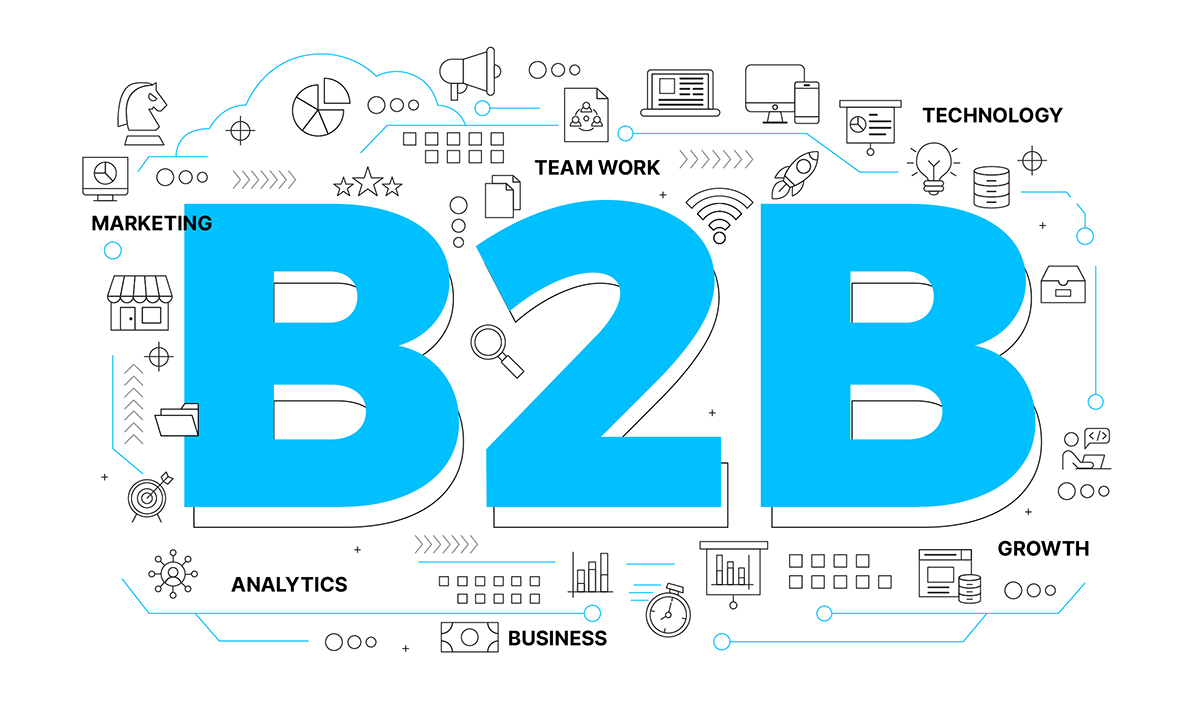Definition of Business development
Business development is the creation of long-term value for an organization from customers, markets, and relationships.
What does a business development representative do ?
There is one core responsibility of business development that is growing your business. The strategies to operationalize and accomplish this goal will vary greatly across industries, but the idea is generally the same for all companies. A business development person needs to stay aware of the current market to target the best growth opportunity. It means having knowledge of your target audience and engaging with prospects to generate new leads.
How do business development representatives qualify leads ?
Every business has a target audience that they wish to reach – in other words, they have an ideal prospect they want to sell to. Often, this is based on what your existing customer base looks like and is defined using a customer profile.
One of the most commonly used qualification frameworks that exist today is called BANT, which stands for
- Budget : Does the prospect have available resources to invest?
- Authority : Is this prospect the ultimate decision-maker?
- Needs : What are the biggest problems that this prospect is looking to solve with my product?
- Timeline : How soon are they looking to buy?
Sales vs. Business Development
Although both sales and business development aim to grow new business, the two roles differ greatly and serve distinct purposes.
The primary function of the sales team is to generate revenue. Sales reps are responsible for demonstrating the product, making negotiations, and eventually closing the deal. Converting prospects into customers is much easier to accomplish when sales and business development work together to streamline the sales process.
Both of these roles require a similar set of skills — this allows for career development opportunities for BDRs who want to move into a closing role down the line. The relationship-building skills learned in the business development position are easily transferable and build a foundation for the skills necessary to succeed in sales, marketing, or even customer success.
Many business development teams operate as a subset of the sales department and are held to similar metrics. Next, we’ll look at how to measure success for business development.
Measuring the impact of business development efforts
Sales metrics for a business development team are going to be vary based on what a company’s sales cycle looks like. Since the primary function of the role is to generate new opportunities to sell, one of the easiest ways to quantify this data is by looking at the influenced sales pipeline or the number of potential deals created as a result of business development efforts.
Many BDE holds things that align with the economy’s overall revenue goals. To achieve this, BDE has to continuously generate a strong pipeline.
Business Development Ethics
Business ethics involves implementing appropriate and fair practices regarding issues such as corporate governance, insider trading, discrimination, corporate social responsibility, and fiduciary responsibilities. Laws and regulations often set the standard for business ethics, which companies can then choose to follow and build on to earn trust and loyalty from consumers and market participants.
Difference Between Business Development and Sales
The difference between business development and sales essentially boils down to the difference between ‘lining them up’ and ‘knocking them down.’ Sales development and Business development are different functions within a company that works to increase awareness and sales. Business development reps identify and pass along good-fit leads, allowing a company’s sales team to approach more accessible, accommodating prospects.
Although sales and business development require separate teams and represent different functions, it’s easy to see how important it is for both strategies to work in lock-step.
Here is the list of differences between sales and business development to help you understand each department’s unique place in a company’s operations
- Impact on the company’s profits.
- Focus on the present vs. the future.
- Customer’s perspective.
- Awareness
- Consideration
- Decision
- Timeline of the impact.
- Focus on current products vs. technology.
- Day-to-day tasks of a business development manager vs. sales manager.
- The level of advancement.
Managing the size and quality of your network is your number one business development strategy. How well, as well as how often you communicate to and within your network, is your number one marketing strategy.






